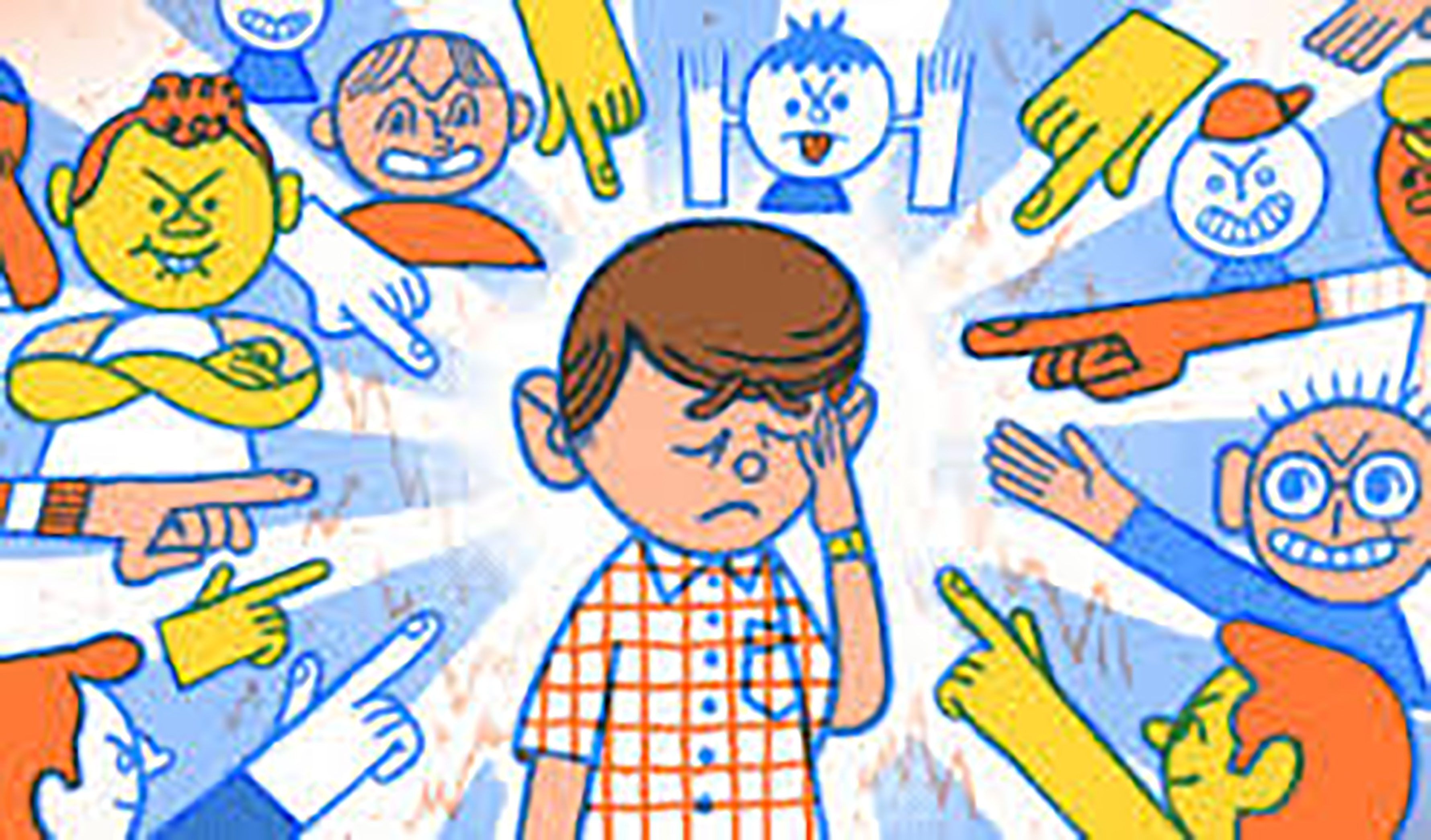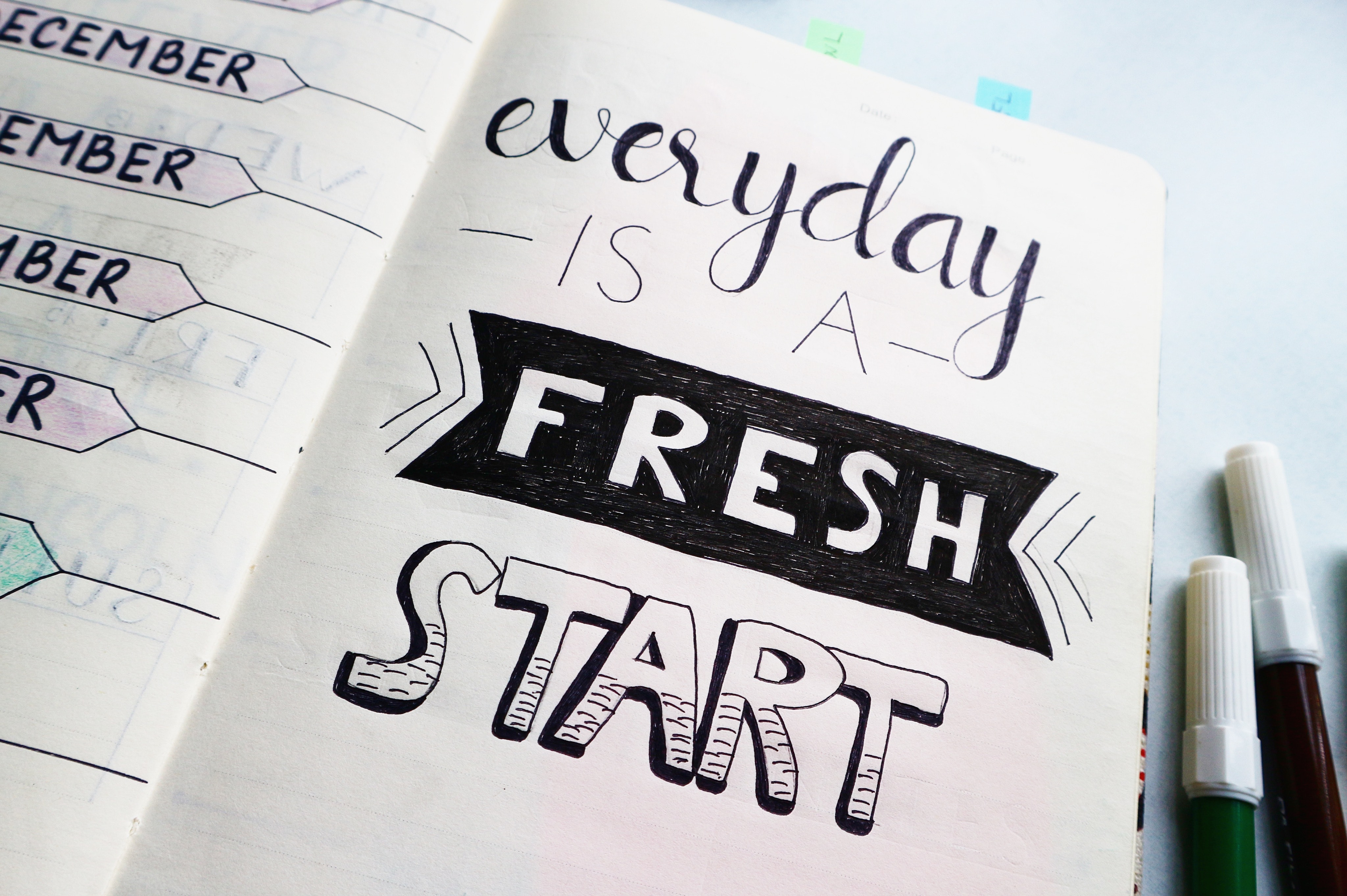
A lot of kids feel a sense of shame when they need help with school. There’s a stigma around getting help that stems largely from twin toxic myths:
– Only kids who are struggling to get good grades need help.
– Needing help means you’re less smart or capable than kids who don’t need help.
The stigma is ridiculous – as if high school or even university students are meant to have it all figured out, know how to get and stay organized, write perfectly logical papers, analyze texts or do complex math problems JUST based on what they’ve been taught as one of 20 or 30 in a class.
And yet so many kids feel embarrassed or insecure asking for help, let alone receiving help with a positive attitude unmarred by feeling “dumb” in some way, or like its punishment for not having done “well” enough.
High school students who feel bad about needing help become college kids who succumb to overwhelm and burn out rather than admit they need help. And those college kids can too easily become young adults who suffer in silence when they’re unclear on how to get the outcomes they want at work, in relationships – the ripple effect knows no bounds.
So students who seem to NOT need help are viewed as the norm, but nothing is further from the truth. Unless a kid has removed the guesswork from getting A’s on each test and assignment in every class, as painlessly as possible – they’re struggling. They need help.
Over half the kids I’ve worked with have been classic “high-achievers” – A’s in all subjects – and let me tell you, they were in a world of pain just as bad if not worse than the kids getting Cs or Ds.
Very few kids genuinely look forward to getting help at the outset because of the negative things they think it means. But once they realize that ALL students benefit from help, they can gain a healthy perspective on their needs and goals. They can start to understand that the ones who *aren’t* getting help are the ones who might be in trouble. Not them. Getting help is a source of empowerment and positive momentum.
And when kids get the BEST help, when they get better grades AND total clarity on how to ace the rest of high school and college? They’re downright EXCITED to get help, because they realize it’s not a punishment for falling behind but a vehicle for getting ahead. The stigma of “needing help” is replaced by authentic buy-in and motivation to becoming the best possible thinker and learner they can become.
Here’s the bottom line: all kids need help. Few feel empowered asking for it. The stigma is real and it’s hurting them.
Fortunately, every child can develop more positive, sustainable mindsets about (and relationships with) school, learning, and themselves – and once that clicks, you’ll watch their achievement accelerate and their self-confidence skyrocket.




